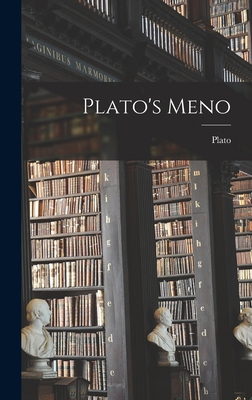All Formats & Editions
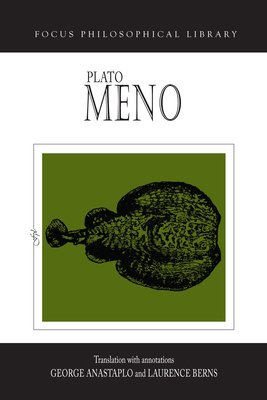
Plato : Meno (Focus Philosophical Library)
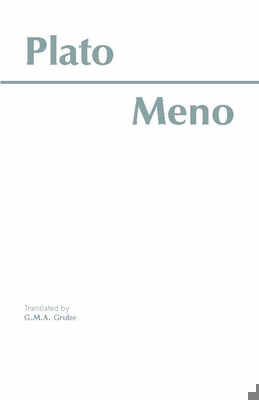
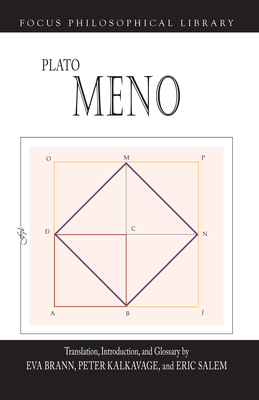
Plato: Meno (Focus Philosophical Library)
"The Meno holds a special place among the Platonic dialogues. It is the best introduction to Plato and provides a foundation for understanding the dialogues as a whole. Its central topic is virtue. The Meno makes us think about wisdom and the reputation for wisdom, teachers and...
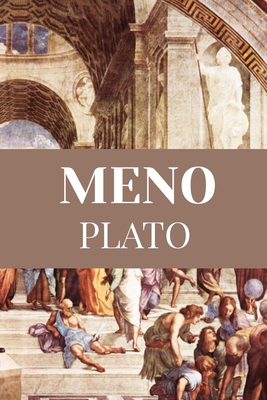
MENO Plato: Classic EdItion
The Classic Greek Philosopher Plato is one of the most important and recognized western philosophers to exert influence in both historic and modern foundations of politics, ethics, metaphysics and epistemology. His work lay the foundation of western philosophy and science. We...

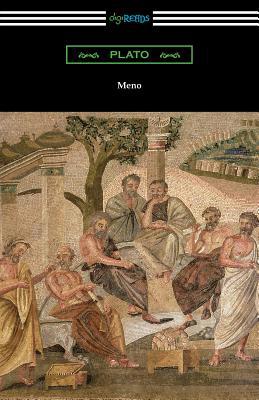
Meno
Plato's "Meno" is a Socratic dialogue between the two main speakers, Socrates and Meno, and explores the definition of virtue and whether it is something that can be taught. Meno is an attractive and well-to-do young man visiting Athens and is a student of the sophist Gorgias,...

Meno
"We do not learn, and that what we call learning is only a process of recollection." Plato, Meno
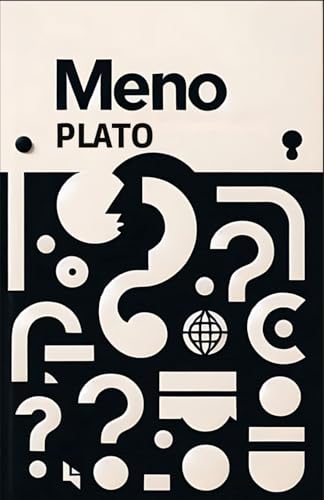
Meno
"Meno" is one of Plato's early dialogues in which Socrates discusses virtue with Meno, a young Thessalian nobleman. The dialogue explores the nature of virtue, whether it can be taught, and how one can acquire it. Through a series of probing questions, Socrates guides Meno to...
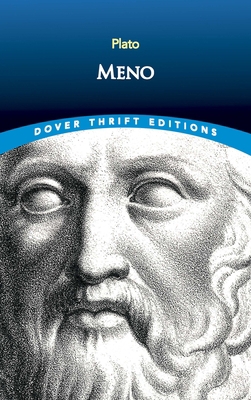
Meno
What is virtue? Can it be learned or is it innate? Is it possible to know things a priori (before experience)? In this important and influential Socratic dialogue, Plato addresses a wealth of philosophy's fundamental questions, including the difference between actually knowing...
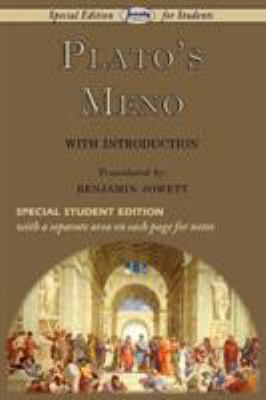
Meno (Special Edition for Students)
Plato's Meno with Introduction, Translated by Benjamin Jowett. ***Special Student Edition with a separate area on each page for notes.
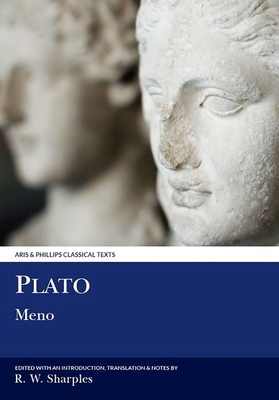
Plato: Meno
Plato's Meno is the dialogue which more than any other occupies a transitional position between the early Socratic dialogues and the developed middle period theory of the Phaedo, Symposium and Republic. It is thus of particular interest for the...
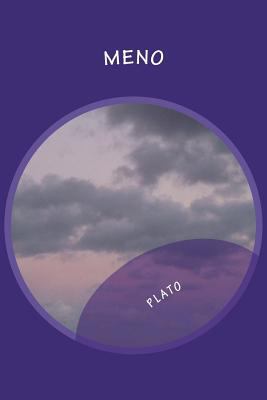

Meno (Large Print)
Plato was a mathematician and philosopher in Ancient Athens. Traveling much in his life around the classical world at the age of forty he returned to Athens and founded the earliest known school of higher learning in the Western world, laying the foundations for philosophy and...
![Menón [Spanish] 9561116626 Book Cover](https://i.thriftbooks.com/api/imagehandler/l/3C217E1E203B899E77A48935BA0DE57213697EBB.jpeg)
Menón [Spanish]
Con su habitual genialidad, Plat n nos invita a ser testigos de una curiosa conversaci n entre S crates y Men n, un joven arist crata que quiere saber c mo se adquiere esa cualidad que los griegos admiraban en los heroes de anta o y que designaban con la palabra aret "virtud",...

Meno by Plato
MENO: Can you tell me, Socrates, whether virtue is acquired by teaching or by practice; or if neither by teaching nor by practice, then whether it comes to man by nature, or in what other way?

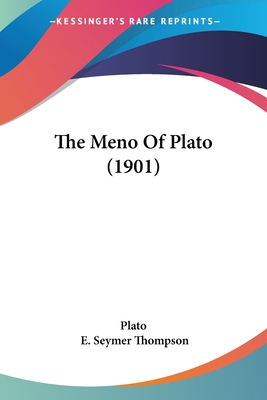
The Meno Of Plato (1901)
The Meno of Plato is a philosophical dialogue between Socrates and Meno, a wealthy young man who is seeking knowledge about the nature of virtue. The dialogue explores the concept of knowledge and whether it can be taught, as well as the nature of virtue and how it can be attained...
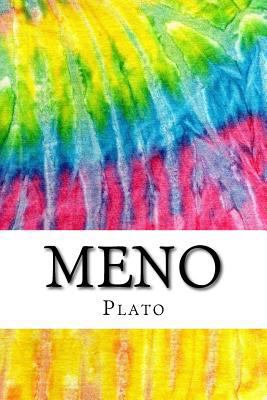
Meno: Includes MLA Style Citations for Scholarl...
![Menon: Griechisch - Deutsch [German] 3110620111 Book Cover](https://i.thriftbooks.com/api/imagehandler/l/AE8E76AF32BC2502F5E95F4A6BA0DC38D48A4BA8.jpeg)
Menon: Griechisch - Deutsch [German]
This new translation of Plato's Menon contains a detailed introduction which discusses the circumstances of its composition, the possible addressees, the characters of the dialogue as well as its theme and questions. The translation is based on the Greek text by Bluck (1964)...
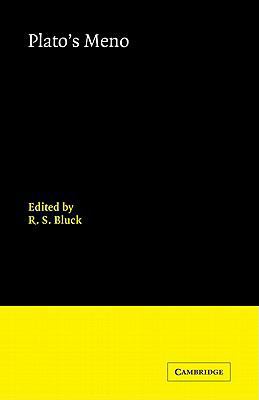
Plato's Meno
This 1961 edition of Plato's Meno was originally edited by R. S. Bluck, Senior Lecturer in Greek at the University of Manchester. Its value lies in the incredibly extensive preliminary chapters provided by Bluck, designed to truly enhance the reader's engagement with this ancient...
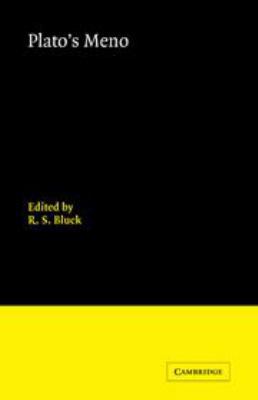
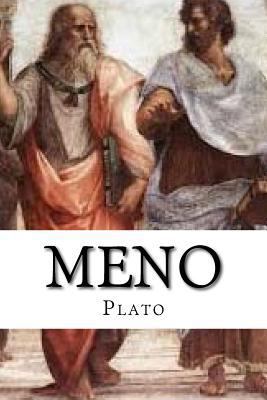
![Ménon [French] 2080704915 Book Cover](https://m.media-amazon.com/images/I/616X90GGOBL._SL500_.jpg)

Meno (The Library of Liberal Arts, #12)
